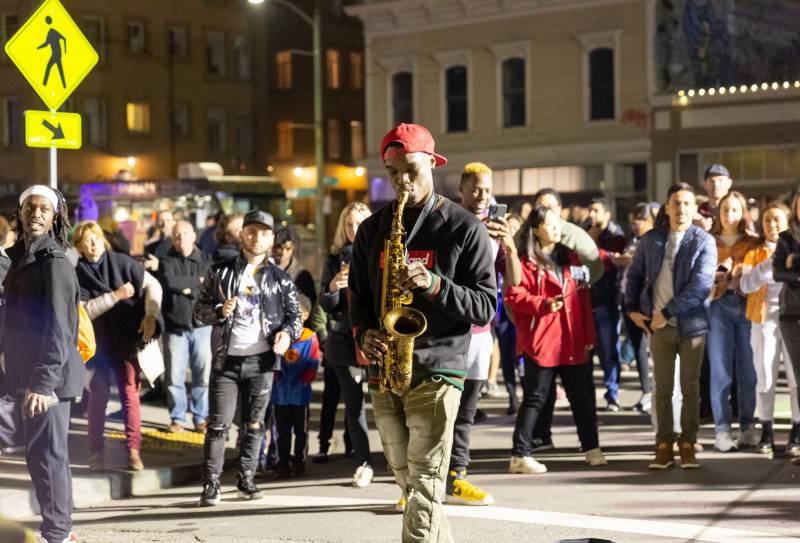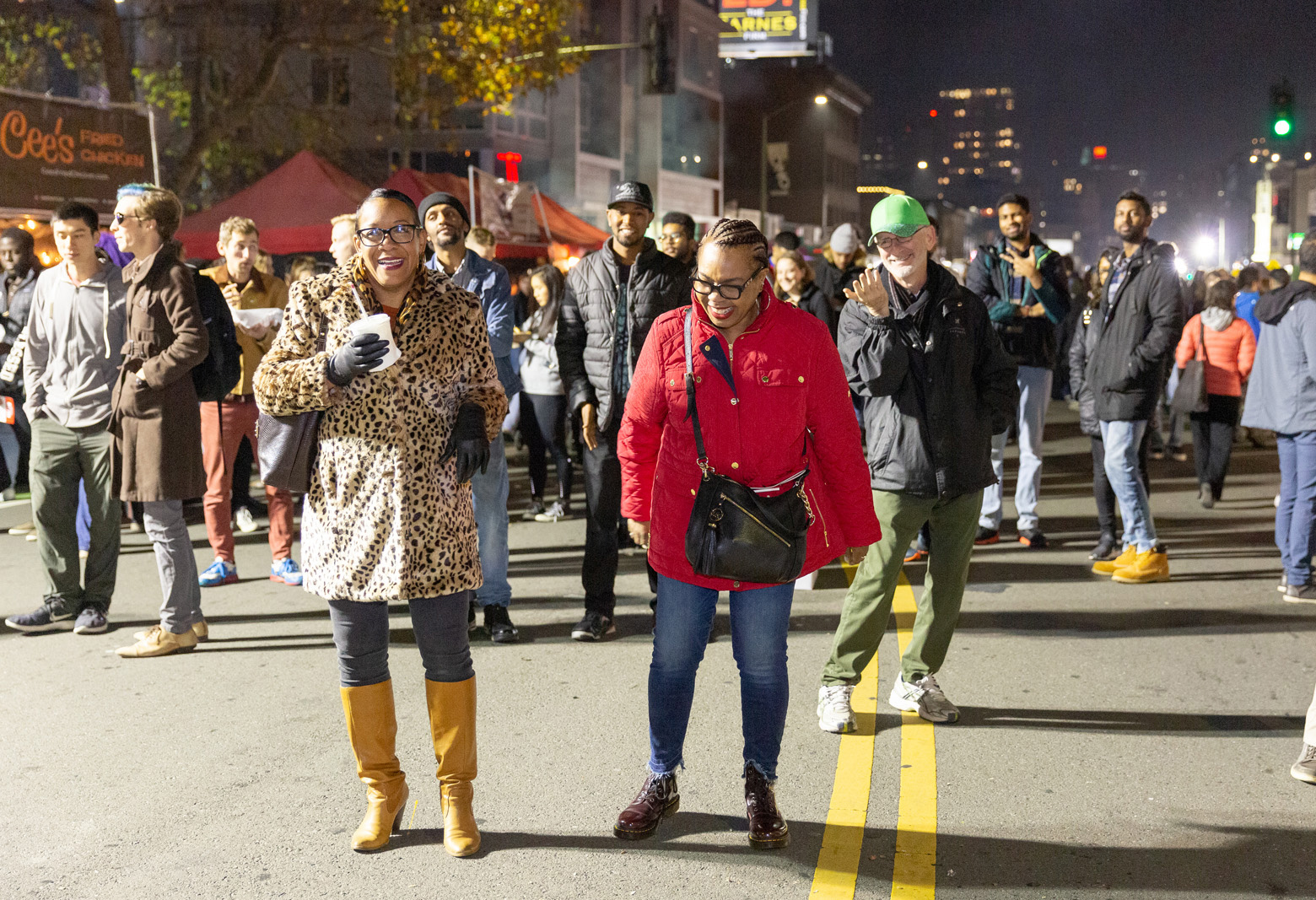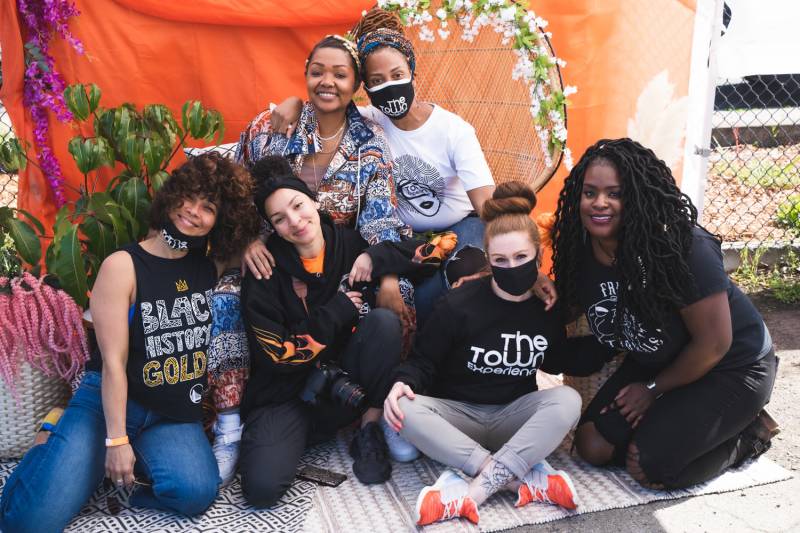Preserving the Plant was set to debut this July as the first cannabis fair of its kind in Oakland. Event organizer Edward Brown, an advocate for making the cannabis industry equitable for Black and brown communities harmed by the War on Drugs, worked for two years to ensure his vendor market and festival would have the proper permits, insurance, security and COVID protocols to make it a success.
Greg Minor, head of Oakland’s Special Activity Permit Division, had been in communication with Brown throughout the planning process. But Minor didn’t forewarn him that he’d owe the Oakland Police Department money for security fees, Brown says. Three nights before Preserving the Plant was supposed to take place on July 24, Brown recalls getting a surprise email at around 11pm stating that he’d have to pay OPD $6,634 to get his permit.
“There was no way we [could have] come up with that money without somebody taking out a loan,” says Brown. He postponed the event to later this fall because of the high OPD fee; COVID concerns also played a role. “It was extremely frustrating. It felt like we were sabotaged. I followed every single rule that the city asked me to, and the state as well, being compliant and turning in things [on time].”
Now, Brown has joined dozens of event presenters calling on the city of Oakland to change its special events policy to eliminate some of these high costs and bureaucratic hurdles. In 2020, the city council unanimously approved a resolution to put the city administrator’s office in charge of special event permits and hiring security instead of police. But city staff, who say they were waylaid by the more pressing needs of the pandemic, still haven’t changed the policy.
Critics of the current policy are frustrated: In the years prior to the pandemic, Oakland used as much as 84% of its festivals and fairs fund to pay the police department for security instead of directly supporting artists and cultural institutions. This police-led permitting system is cost-prohibitive and inequitable, critics say. They argue it hurts opportunities for artists and small businesses, hampers Oakland’s tourism industry and slows recovery from pandemic restrictions. Now, government leaders, artists and promoters alike are calling for a more transparent, affordable system for throwing festivals, fairs and block parties, all of which are vital for the city’s culture, economy and community relationships.






